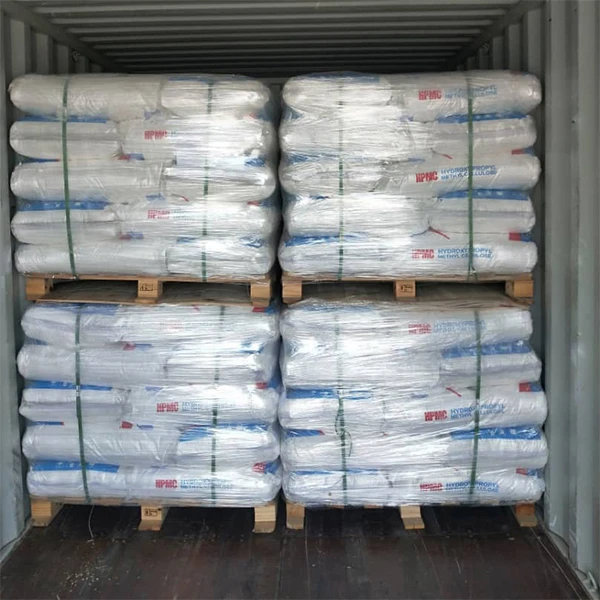Understanding Adhesives for Tile The Key to Successful Installation
When it comes to tile installation, choosing the right adhesive is crucial for ensuring a durable and lasting finish. Whether you are tiling your bathroom, kitchen, or living space, the adhesive you select impacts not only the aesthetic appeal but also the longevity of your tiles. In this article, we will explore the various types of adhesives available for tile installation, their benefits, and how to choose the right one for your project.
Types of Tile Adhesives
1. Thin-set Mortar This is the most commonly used adhesive for tile installation. Thin-set mortar is a mixture of cement, fine sand, and water-retaining agents. It is suitable for various types of tiles, including ceramic, porcelain, and even some natural stones. Thin-set can be further categorized into modified and unmodified variants. Modified thin-set contains polymers that enhance its bonding capabilities, while unmodified thin-set is more traditional and often used for specific applications.
2. Mastics Mastic is a premixed adhesive that is ready for immediate application. It is best suited for wall tiles in dry areas, such as bathroom walls and backsplashes. While it is user-friendly and easy to apply, mastic is not recommended for high-moisture areas or floors, as it may not provide adequate support and can break down over time.
3. Epoxy Adhesives For more demanding applications, epoxy adhesives offer exceptional bonding strength and resistance to moisture. These adhesives consist of two components – a resin and a hardener – that create a robust bond when mixed. Epoxy adhesives are ideal for areas exposed to water, chemicals, or heavy traffic, making them perfect for kitchens and commercial settings.
4. Pre-Mixed Thin-Set As a convenient option, pre-mixed thin-set appeals to DIY enthusiasts due to its ease of use. However, it may not provide the same level of performance as traditional thin-set mortars, particularly in terms of strength and flexibility. Homeowners should ensure that the pre-mixed option is suitable for their specific tile and installation conditions.
adhesive for tile

Choosing the Right Adhesive
Selecting the ideal adhesive involves considering several factors
- Tile Type Different tiles have varying requirements. Porcelain tiles, for instance, are denser and may necessitate modified thin-set for proper adhesion. - Location Assess whether the installation area is dry or moist, and if the tiles will be exposed to heavy traffic or chemicals.
- Subfloor Material The type of substrate can influence the choice of adhesive. For instance, cement board may require different adhesives compared to plywood or concrete.
- Ease of Use For DIY projects, consider adhesives that offer straightforward application processes without compromising on quality.
Conclusion
In summary, the adhesive you choose plays a fundamental role in the success of your tile installation. By understanding the different types of adhesives available and their appropriate applications, you can ensure a stable and lasting finish. Whether you opt for traditional thin-set mortars, user-friendly mastics, or robust epoxy adhesives, each decision you make will contribute to the elegance and durability of your tiled surfaces. Investing time in choosing the right adhesive will ultimately pay off in the form of beautifully installed tiles that stand the test of time.
-
The Application and Significance of Construction RdpNewsMay.19,2025
-
Industrial Grade HpmcNewsMay.19,2025
-
Building Coating Adhesive Building Coating Adhesive HpmcNewsMay.19,2025
-
Application Of Hpmc For Detergent For Detergent In DetergentsNewsMay.19,2025
-
Application Of Hpmc Cellulose In Cement-Based MaterialsNewsMay.19,2025
-
Application Of High Quality Hpmc For Construction In The Field Of ConstructionNewsMay.19,2025




